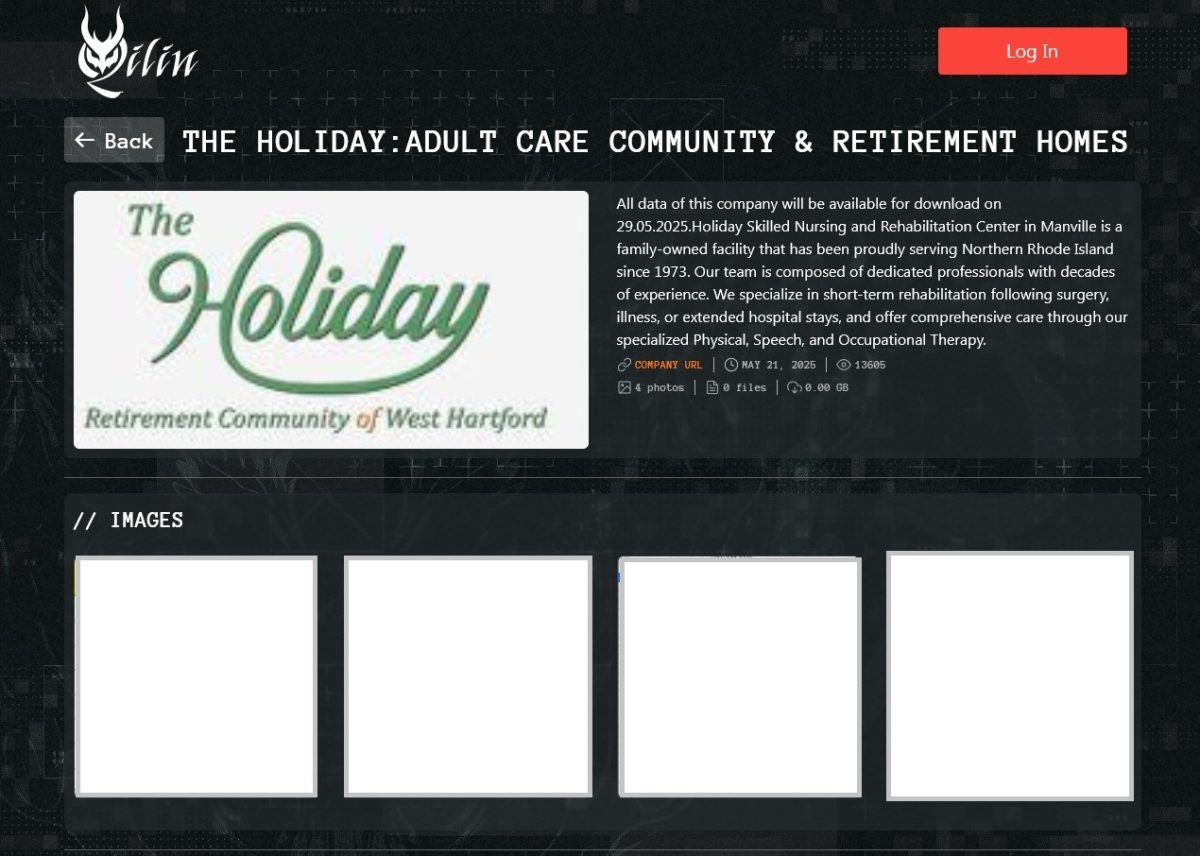
"If the threat actors have posted proof of claims, it may be possible to figure out who the target was, but with no proof of claims, well... bots and lazy journalists may be publishing claims that are inaccurate and may harm entities' reputations."
"Qilin added 'The Holiday: Adult Care Community & Retirement Homes' to its dark web leak site... But the graphic that Qilin posted for the listing was not from the Holiday in Manville, Rhode Island."
"Inspection of their proof of claim files suggests Qilin hit the Rhode Island location. A screenshot of a file with resident data all listed Rhode Island addresses."
"A new group calling itself 'Global' posted its first two incidents. One of them... listed 'Epworth-Hospital.' But the description is for Epworth Healthcare in Australia."
The article discusses the challenges faced by journalists and researchers in accurately identifying ransomware attack targets due to vague or misleading claims made by threat actors. It highlights specific cases, such as Qilin's attack on a retirement home in Rhode Island, where the initial claim mistakenly referenced a different location, complicating efforts to identify the true victim. The case of a new group called Global is also examined, showcasing the ongoing issues of misinformation surrounding ransomware attacks. Inaccurate reporting poses risks to the reputations of entities involved, emphasizing the need for careful verification of claims.
Read at Databreaches
Unable to calculate read time
Collection
[
|
...
]